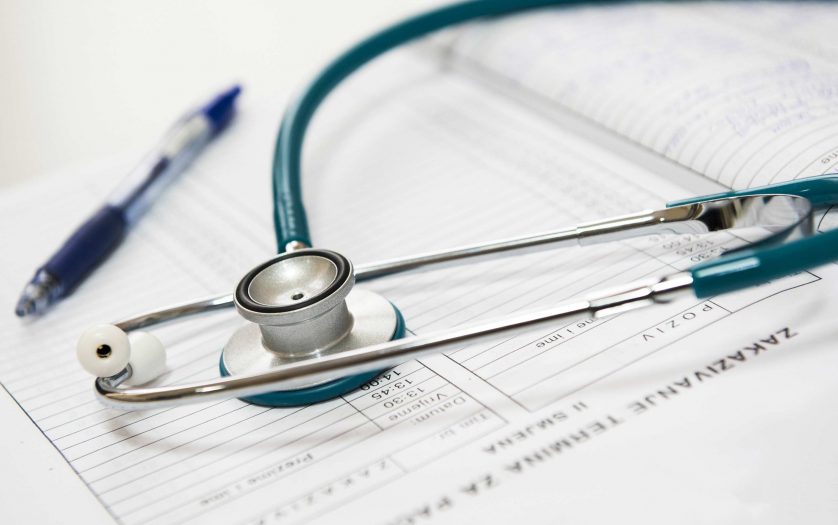
Digitization and securing patient data are significant issues in the healthcare industry. Patient records should always be kept confidential. This is essential as it builds trust between you and the doctor. It also protects the physician’s public image and is required by the law. Nobody should share your health details without permission. Unfortunately, mishandling of patient information is common due to frequent cyber-attacks. But there are ways the medical industry can protect your information.
Regulating Healthcare Information
In the US, some data standards help safeguard medical information. Such standards include the HIPPA. Federal law allows you to control how your health records are used. Moreover, it ensures that your data is stored and transmitted securely.
HIPPA also includes other security measures. It requires the medical center to conduct an annual security risk. This helps in identifying areas vulnerable to hacking. In addition, it includes an action plan that shows the steps to be taken in case a breach occurs. Also, it provides that health professionals use data anonymization tools to encrypt all the information in transit. Although encryption doesn’t prevent cyberattacks, it prevents the information from unlawful access.
Restrict Access to Data and Applications
Access controls are vital in protecting your information in medical facilities. They prevent wrongful access to your information. In addition, they allow the right persons to use specific applications when needed to do their job. The controls require the use of authentication to give access to the health details. In some circumstances, they require multiple authentications to validate the use of medical records.
Numerous validation methods allow access to the data. For instance, the use of biometrics like fingerprints and facial recognition. They are unique to the user and, thus, prevent the use of the records by other people. Additionally, they may use tangible items such as cards or keys, which are given to the user only. Alternatively, they can only use data known to the user, like confidential login credentials. The activities ensure the safe use of security details and minimize the risk of exposure.
Train Employees to Recognize Potential Attacks
Teaching the workers how to use the latest healthcare technology is essential. In addition, policies should allow the digitization of your records to prevent the loss of information. However, technological advancements would not be helpful if the employees weren’t trained to handle them. Mainly, the data breaches are caused by the workers in the medical facility. That’s why training is vital to help avoid mistakes.
Security awareness training prepares the workers to be in the first line of defense. In addition, they learn the right course of action in case of an attack through social engineering and malware threats. After the training program, they can detect, report, and even avoid cybercrime. When educating the workers, the content should be engaging and delivered continuously. With a well-planned and organized program, they don’t get overwhelmed with too much information.
Secure the Mobile Devices
During operations, medical practitioners use mobile devices. For instance, a physician can use a laptop or tablet to retrieve data to treat you or administer a worker compensation claim. So, they need to protect the gadgets as much as possible. Access by the wrong people may tamper with the results. The good news is that they can use many safety measures to protect your details. Like, as enabling the ability to lock the gadget remotely in case it gets lost.
In addition, the healthcare system can implement a guideline to keep the gadgets updated in the recent system software. The new updates contain more advanced security features that make tracking the data easier when tampered with. Furthermore, workers should use strong passcodes on their devices. Usually, passwords are the first line of defense against cyber attacks and unauthorized data access. Choosing strong passwords for all the accounts on the computer would be helpful.
Final Thoughts
Medical centers should comply with all protection and privacy guidelines. Following the above tips can help build a strong data security mechanism, keep patient data secure, and avoid fines in the long run. Also, they should go beyond adherence to the laws to ensure patient information is well protected. Ultimately, healthcare providers need to allocate a budget and invest in effective practices that help protect their data.








